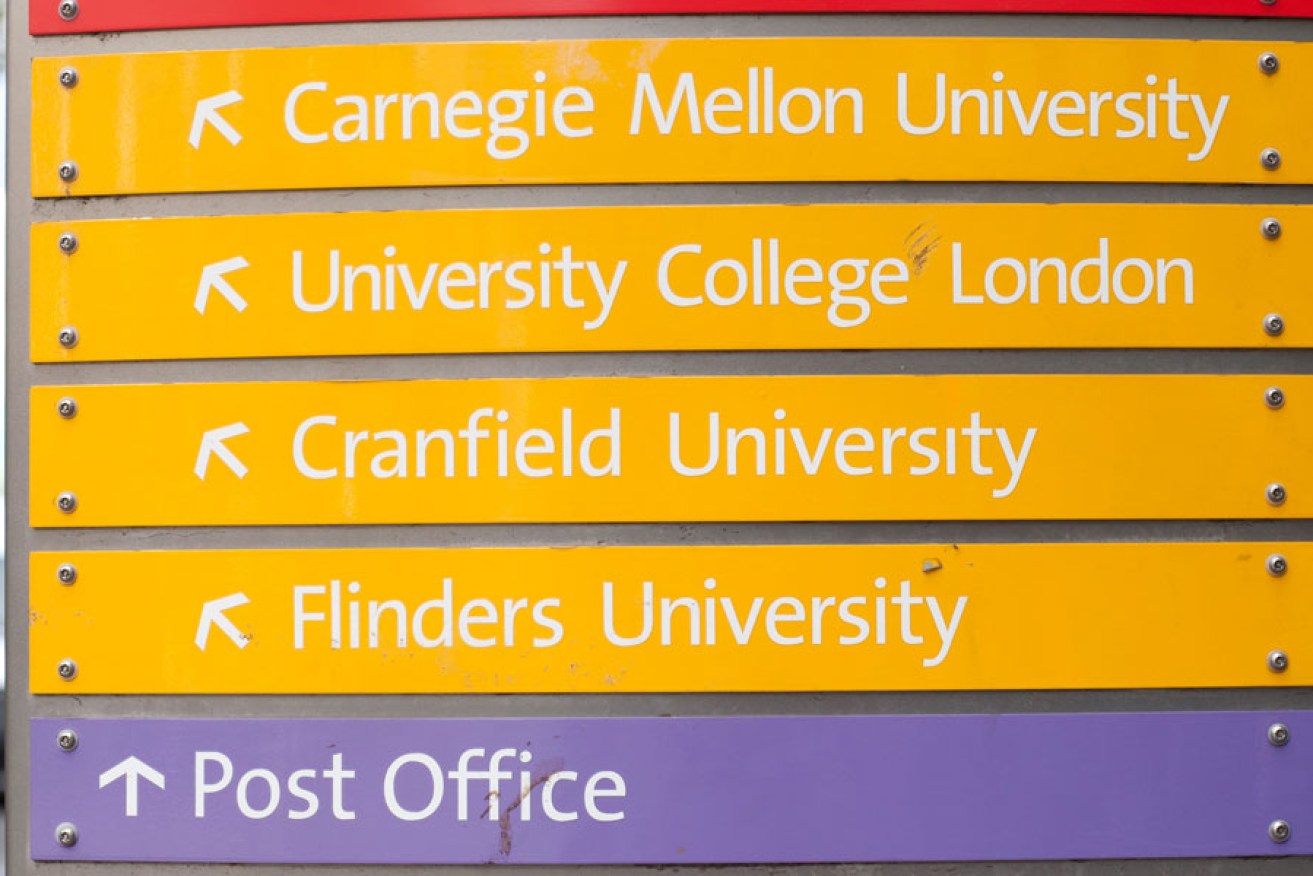Adelaide’s university city plan is dead.
The closure of the University College London (UCL) Adelaide campus in 2017 will end South Australia’s relationship with one of the world’s great research universities.
The campus opened in Victoria Square in 2010 as part of the former Rann Government’s strategy to create a university city. The aim was to draw expertise and knowledge together in a cultural research network and drive the commercialisation of intellectual property.
Sounds a bit ‘airy fairy’ doesn’t it? The ‘commercialisation of intellectual property’. But here is the strength of university cities: researchers from different institutions working together on the intersecting boundaries of their own fields to make world-breaking findings across the sciences. That’s what is happening with cancer research.
The researchers not only bring money and kudos to the cities in which they work but they also attract more researchers of a world class standard. It’s the reverse of a brain drain.
UCL blamed ‘academic and financial risk and a change to its international strategy’ for the pending closure. But the real reason was UCL’s utter dissatisfaction when Premier Jay Weatherill had ‘walked away’ from the project. The State Government is now in damage repair mode.
In 2012, former UCL President and Provost Professor Malcolm Grant accused the State Government of failing to drive the university-city agenda. UCL had come to Adelaide, despite the challenge of entering a new market in lean times, because of our central location in Australia
UCL currently employs 22 staff and has about 100 local and international Master of Science students, specialising in resources and energy. The campus was doing so well that last July its Adelaide CEO David Travers, a former SA deputy agent-general in London, was considering expanding its postgraduate programs and pursuing partnerships with other Australian universities.
In 2011 it signed a $10 million deal with BHP Billiton to establish an Institute for Financial Resources in London and an International Energy Policy Institute in Adelaide. That agreement expires in 2016. UCL had planned to expend one million pounds this year on the Adelaide campus to drive growth.
UCL Adelaide is research-led with a strong emphasis on postgraduate education and training in which teaching is informed by the research being undertaken by staff. Its specialisation in resources and energy is strategically important to SA. The campus has significant outreach and public engagement activity.
The State Government provided UCL with $4.5 million worth of support across its first seven years, while Santos provided $10 million across five years. It is the only international university in Adelaide, which has attracted corporate investment, and much of its success can be attributed to Travers.
UCL is ranked the fifth best university in the world by the QS World Universities Rankings and is rated 21st by both the Academic Ranking of World Universities and the Times Higher Education rankings (2013). It is one of the most prestigious research and teaching universities in the world. By comparison, the University of Adelaide ranks 100th in the QS World Universities Rankings. The difference between the two institutions is not incremental – it’s logarithmic.
UCL was expecting ongoing political support after being courted by former Premier Mike Rann. Weatherill was not so enthusiastic and closed down the bureaucratic unit in his own Department set up to support the new players.
In 2011 education provider Kaplan planned to accredit its courses in partnership with the University of Adelaide but the deal crumbled. It had hoped to admit 5000 domestic and international students with many more enrolled online. Kaplan once owned the Washington Post.
In 2010, Cranfield University closed in Adelaide. It had focused on a student cohort that was supposed to emerge from South Australia’s ‘booming’ defence industries. It never happened. Cranfield is a global research leader in agribusiness and new defence technologies.
Carnegie Mellon is still here. One of its core missions was to train local mid level public servants how to research, create and implement cutting edge public policy, so we don’t have the one-way freeway, bus lane and bike lane fiascos of recent memory. Unfortunately, graduates ran into the familiar walls of executive management regression when these ‘upstarts’ started generating new models and ideas.
While there has been criticism that Adelaide will never be a new Oxford or Cambridge, these true international universities may have played an important role in helping SA’s dire lack of economic diversity and intellectual rigour.
The fall of UCL will bring some relief to the local ‘Big Three’ universities who feared its global reputation.
UCL will honour its commitment to currently enrolled students.
Malcolm King is an Adelaide writer who works in generational change.
Disclosure: He was previously employed by Carnegie Mellon University (Australia) as a Senior Communications Officer.





